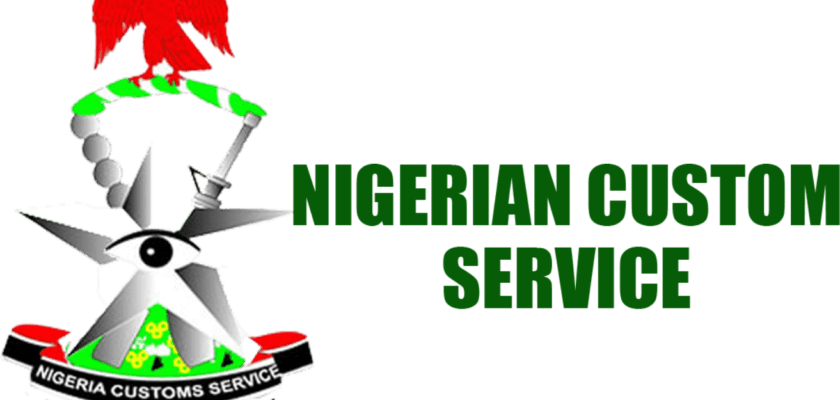Despite the approval given by the FEC for the purchase of the multibillion-dollar mobile cargo scanners, importers and other port users said there appears to be no end to their long-suffering as the equipment are yet to be deployed by the Customs for the purpose they were purchased with tax payers’ money.
As at weekend, investigation shows that the three N8.47 billion mobile cargo scanners are still lying fallow at the seaport four months after they were shipped to the country because officers that are supposed to utilize them are still undergoing training.
Officers of the Custom Service, importers and other stakeholders said, they are still subjecting them to the laborious manual inspection.
Last year, FEC had approved N8.47 billion for the supply and installation of three mobile cargo scanners in Onne, Apapa and Tin Can Ports in Lagos. The key objective of approving the purchase of the scanners by the FEC, an importer, Mr Adebolu Adepegba, said: “is to reduce significantly, the time needed for inspecting containerised goods by substituting non-intrusive inspection (NII) for the physical examination of goods by Customs and other security agents, which generated extensive costs, caused multiple burdens and annoyances for importers and clearing agents because of lack of trade facilitation.
READ ALSO: N14.7bn PHCN Privatization Fund in Secret Account Under Probe
Although, majority of stakeholders in the port supply chain agreed as to its importance, but the initiative, generated various pockets of “internal resistance” within a not-insignificant fringe of old and senior Customs officials who are still questioning the tool’s efficiency as well as the methodology for its use in the clearance of heterogeneous goods and goods that have big security questions.
It was last September that the NCS, Tin-can Island Command took delivery of two Nuctech Mobile Scanners MT1213DE, to help reduce the cumbersome 100 per cent examination of cargo carried out by officers and men of the service.
The scanners came in with accessories onboard Glovis Horizon Leader from the Port of Shanghai, China.
While taking the delivery of the consignment, the Customs Area Controller, Musa Abdullahi said, “Integration of scanning into the clearance procedure for Imports is in line with global best practice for trade facilitation.”
He stated further that the key objective of deploying scanners is to reduce significantly, the time needed for physical inspection of goods which generates extensive cost and creates multiple burdens and inconveniences for both the importers and the Customs operations.
He assured stakeholders that with the deployment of the scanners, there will be increased cargo handling for better efficiency in the Trade Value Chain at the port.

